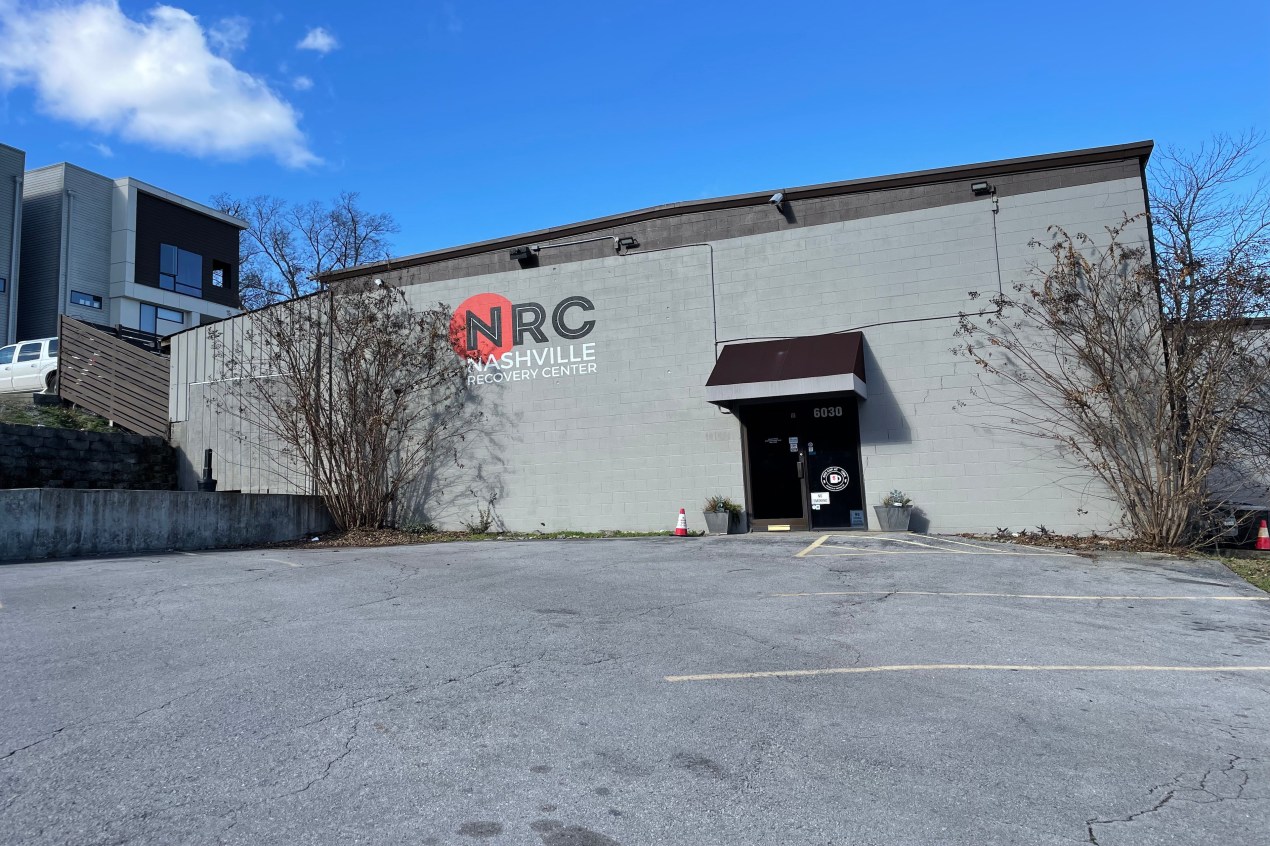Life-altering Support: Why Select Our Addiction Treatment Center
Life-altering Support: Why Select Our Addiction Treatment Center
Blog Article
Browsing the Trip of Detoxification in the Comprehensive Dependency Therapy Program
Starting the course of detoxification within the structure of a comprehensive dependency treatment program is a pivotal stage in the journey towards recuperation. The procedure of detoxing holds a substantial function in damaging the physical dependancy on compounds and preparing the individual for the subsequent stages of treatment. Nevertheless, navigating via detoxing is not simply a matter of physical cleaning; it involves an intricate interaction of mental, emotional, and social variables that call for cautious factor to consider and assistance. As people come to grips with the difficulties of withdrawal signs and symptoms and the unpredictabilities that lie ahead, having a structured strategy and a robust assistance system in area ends up being extremely important. In this conversation, we will certainly discover the diverse elements of detoxification within the comprehensive dependency treatment program and clarified the important parts that shape this transformative trip towards recuperation.
Significance of Cleansing in Recuperation

Detoxing establishes the foundation for the remainder of the dependency therapy program by preparing the person for additional therapy and counseling. By cleaning the body of substances that have been clouding judgment and affecting behavior, detoxification enables individuals to approach their recovery with a clearer mind and stronger emphasis.
Moreover, detoxification assists in handling the possibly extreme withdrawal symptoms that may occur when medicine or alcohol usage is quit. Doctor very closely check individuals throughout detox to guarantee their security and offer necessary assistance. Through this process, individuals can begin their journey towards sobriety with a maintained physical and mental state, raising the possibility of a successful recuperation.
Recognizing the Detoxification Refine
Detoxing, an essential component of dependency therapy programs, entails an organized procedure focused on securely getting rid of hazardous materials from the body to help with a successful recovery journey. The detoxification procedure normally begins with an assessment to assess the individual's material usage history, physical health, and psychological well-being. This evaluation helps health care experts establish the most suitable detox plan tailored to the person's needs.
During detox, the body undergoes withdrawal as it adjusts to the absence of the substance. Withdrawal signs and symptoms differ relying on the sort of material made use of, the duration of usage, and specific elements. Clinical supervision throughout detox is vital to take care of withdrawal symptoms and make sure the individual's safety and security and comfort.

Managing Withdrawal Signs

Drugs may be made use of to minimize specific withdrawal signs and symptoms and minimize pain. As an example, medications like methadone or buprenorphine can help handle opioid withdrawal signs, while benzodiazepines may be used for alcohol withdrawal. It is necessary for medical care carriers to very carefully monitor the individual's reaction to these medications to ensure their security and effectiveness.
In addition to pharmacological interventions, helpful therapies such as therapy, peer support groups, and all natural practices like mindfulness reflection or yoga can aid people deal with the mental and emotional challenges of withdrawal. By resolving withdrawal symptoms adequately, healthcare carriers can enhance the cleansing experience and assistance individuals on their journey to healing.

Support Systems Throughout Detoxification
Support group play an essential duty in offering social and psychological assistance to people going through cleansing in dependency treatment programs. During the detox procedure, individuals frequently experience a variety of psychological and physical withdrawal symptoms, making this phase challenging - Addiction Treatment Center. Having a strong support system in position can considerably impact the individual's ability to navigate through detoxification effectively
Member of the family, good friends, assistance teams, and healthcare professionals are important parts of the support group. Household participants and friends can provide encouragement, understanding, and a feeling of belonging throughout this challenging time. Support system supply a system for people to get in touch with others that are going via similar experiences, supplying a sense of neighborhood and shared understanding. Healthcare specialists, consisting of therapists, therapists, and medical professionals, play a crucial duty in keeping click this site track of the individual's progress, providing clinical support, and offering assistance throughout the detoxification process.
Looking Ahead: Life After Detox
Having effectively finished the detoxification stage, people in addiction therapy programs currently focus on planning for the difficulties and opportunities that lie in advance in their journey towards recovery. Life after detox marks a crucial transition period where individuals have to remain to improve the progression made throughout detoxification to preserve their sobriety. It is necessary for people to identify that the journey in the direction of healing is recurring and requires devotion, dedication, and a desire to accept change.
One key facet of life after detoxification is the development of coping devices to deal with triggers and cravings that may emerge. This might entail learning brand-new abilities, such as mindfulness practices, cognitive-behavioral strategies, and stress management strategies, to navigate tough situations without resorting to compound usage. In addition, people are encouraged to actively engage in recurring therapy, support teams, and aftercare programs to strengthen their assistance network and receive guidance as they navigate the intricacies of life article source post-detox.
Final Thought
Finally, cleansing is an essential part of the detailed addiction treatment program. Recognizing the detoxification procedure and handling withdrawal signs and symptoms are crucial steps in the direction of recuperation. Support group play a considerable duty throughout this challenging trip. Addiction Treatment Center. Looking ahead, life after detox holds guarantee for a healthier, substance-free future. It is essential to recognize the value of detox in the procedure of getting over addiction and relocating towards a life of soberness.
Clinical supervision throughout detoxification is vital to manage withdrawal signs and guarantee the person's safety and security and convenience.
By comprehending the detoxification process and its importance in damaging the cycle of dependency, individuals can begin on a course in the weblink direction of lasting healing.
During the detox process, individuals typically experience a variety of emotional and physical withdrawal symptoms, making this stage difficult. Healthcare professionals, including therapists, therapists, and medical professionals, play an important role in checking the individual's progress, giving medical support, and using advice throughout the detoxification procedure.
Life after detox marks a critical shift duration where people should proceed to build on the progress made throughout detoxification to preserve their soberness.
Report this page